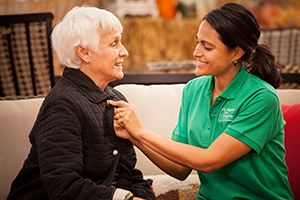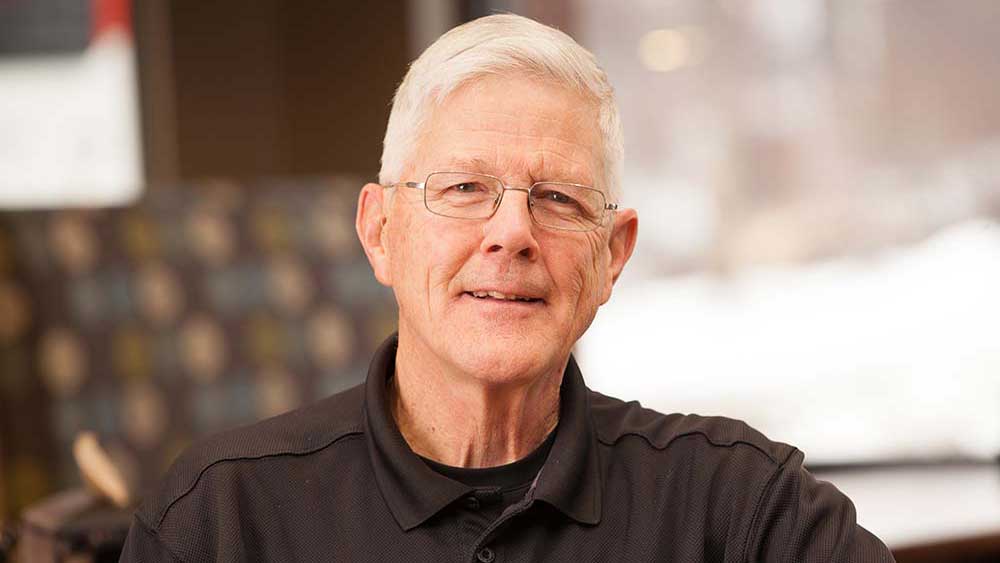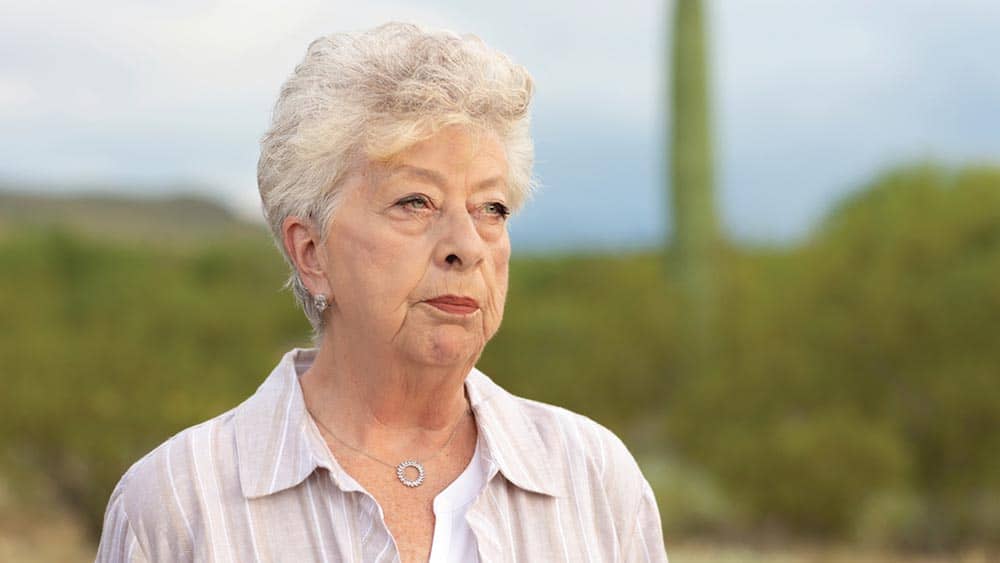

June is World Elder Abuse Awareness Month
Elder abuse isn't a topic anyone enjoys discussing, but it's important to talk about it. Experts estimate that 10% of older adults are victims of elder abuse, yet only a small percentage of cases are ever reported. Elder abuse includes:
Physical abuse—Use of physical force that results in illness or injury; restraining an older adult against their will.
Emotional or psychological abuse—Insults, threats and other behavior that causes mental pain; isolating the individual from other people.
Sexual abuse—Involving the person in forced or unwanted sexual contact.
Neglect and abandonment—Failure to provide food, shelter, hygiene, medical care and other basic necessities of life.
Financial exploitation—Theft, forgery, stealing from an older person's bank account or retirement benefits; fraud; improper use of guardianship or power of attorney.
Elder abuse is sometimes perpetrated by a stranger—a random robbery, a scam telephone call, or a "friendly stranger" who works their way into the senior's life for bad purposes. But sadly, experts report that most elder mistreatment is at the hands of a "trusted other"—perhaps a family member, a friend, a neighbor or a financial advisor.
Though the risk of elder abuse increases when an older adult is dependent on others due to mobility challenges, dementia or other disabilities, elder mistreatment happens to seniors of every socioeconomic and health status. It can occur in the person's home, in a care facility, or in the home of a family member.
Gerontologists also say that social isolation is a top risk factor for elder abuse, giving World Elder Abuse Awareness Month 2021 increased significance. Stay-at-home orders have curtailed many services that keep older adults connected to the world outside their homes. Economic insecurity has raised instances of financial abuse. And scammers have been out in full force, taking advantage of the fears of older adults to sell them useless treatments and cures, or to scare them into divulging personal information that allows the crooks to access the elders' bank accounts.
Preventing elder abuse
Everyone has a role to play in protecting older adults. Advocates seek to raise awareness of the problem among doctors, bank employees and law enforcement. The general public, too, is urged to know the warning signs:
- Unexplained bruises, broken bones, burns, cuts or scars
- Poor hygiene, dirty clothes, unusual weight loss, bedsores
- Withdrawal from normal activities and relationships
- Sudden change in an elder's financial situation
- Depression and signs of trauma.
- Belittling, threats or other power abuse by caregivers.
- Lack of appropriate medical care.
When it's time to act
Seniors who are being mistreated may be too ashamed or afraid to talk about it. They may not want to get a relative in trouble. They may fear retribution from the abuser. And they may believe that the abuser is their only source of care.
If you suspect an elder has been victimized, reassure them that it is not their fault. Explain that you are concerned and offer to assist them in getting help. Report your concerns to the appropriate adult protective services agency. You can find contact information on the website of the National Center on Elder Abuse (ncea.acl.gov).
If you think the person is in immediate danger, call 911 or your local police number to get help right away.
Note: If an elder neglects their own well-being, which might be due to dementia, poor health or substance abuse, this is considered self-neglect, and also should be reported so the person can get help.
Keeping our loved ones safe
Especially now, the family needs to stay in close touch with older family members. Visit as often as possible. These days, that might mean video visits or phone calls. Make these contacts frequent. Know the red flags listed above, and encourage your loved ones to be open about things that concern them.
Sadly, a family member is sometimes responsible for elder abuse—the more family members involved with a loved one's care, the better. If a loved one is moving to a senior living facility or adult family home, check it out. And family should learn all they can about people with whom they entrust their loved one's care. Sometimes a person with ill intentions can masquerade as a "loving friend" or a competent professional.
Professional in-home care services can help! Professional caregivers assist clients with personal care, healthcare management, transportation and companionship. They provide watchful supervision for frail seniors and those with dementia. They lessen the workload for family caregivers, and liaison with family who live at a distance. It's very important to hire through an agency that screens and trains their caregivers. This provides peace of mind for family and ensures the well-being of their loved one.

Every older adult deserves to be safe in their home and respected by their caregivers. Right at Home caregivers are screened, supervised and trained to meet the physical, emotional and safety needs of clients and families. Find your local Right at Home and ask for a care consultation today.
Latest Resources for Seniors
Featured article








